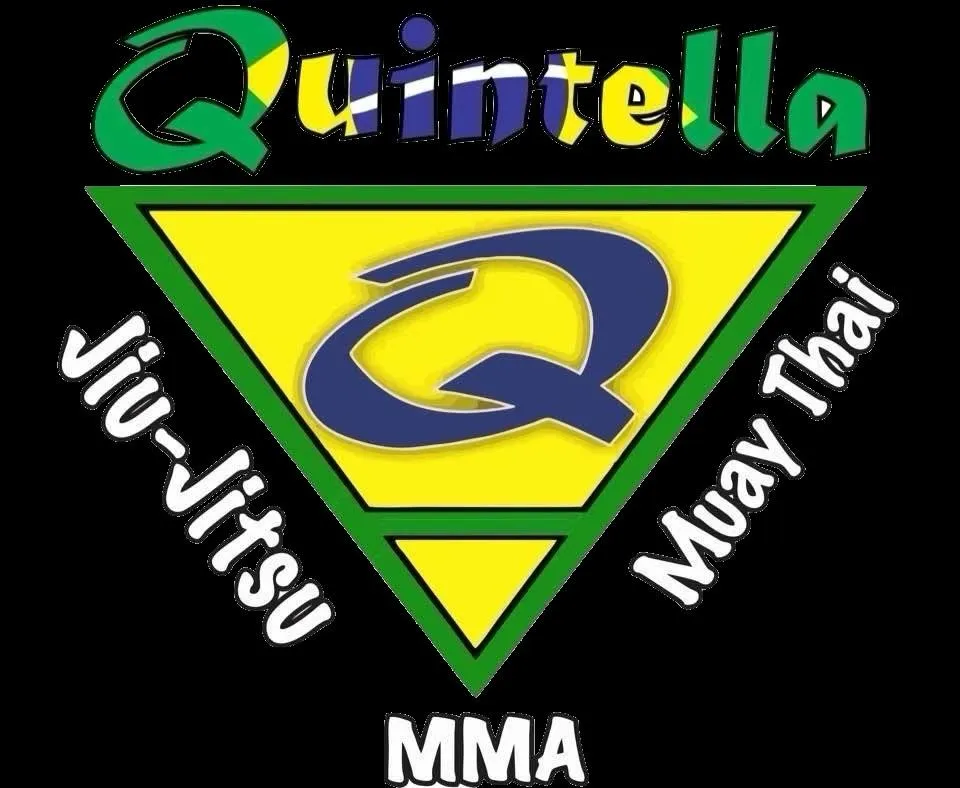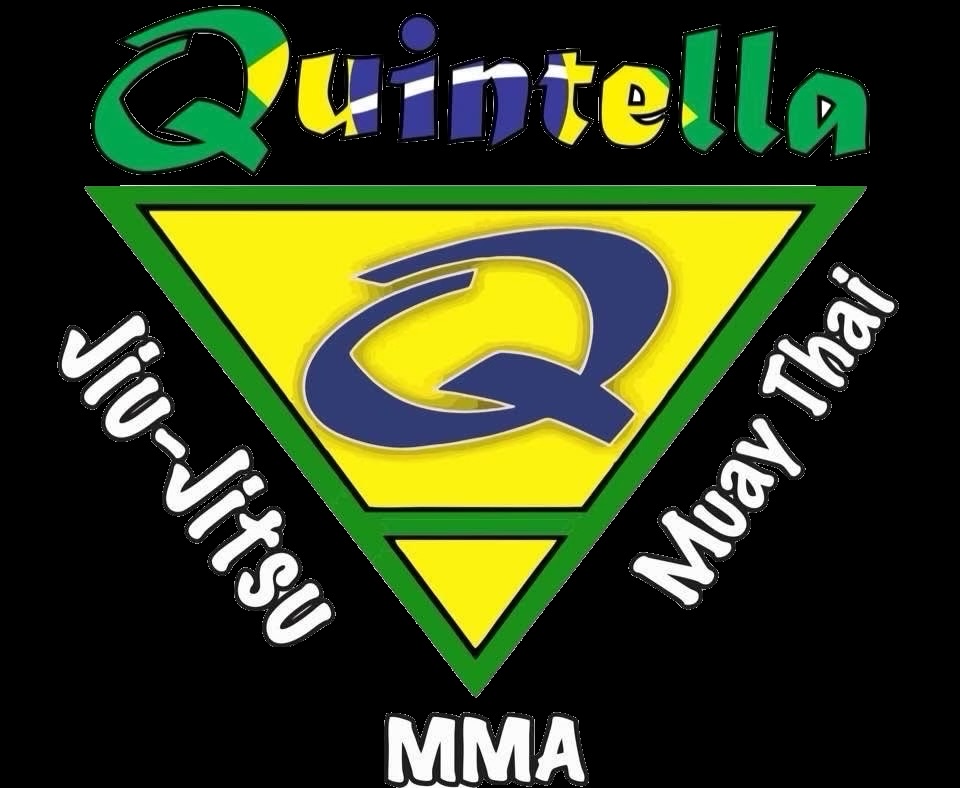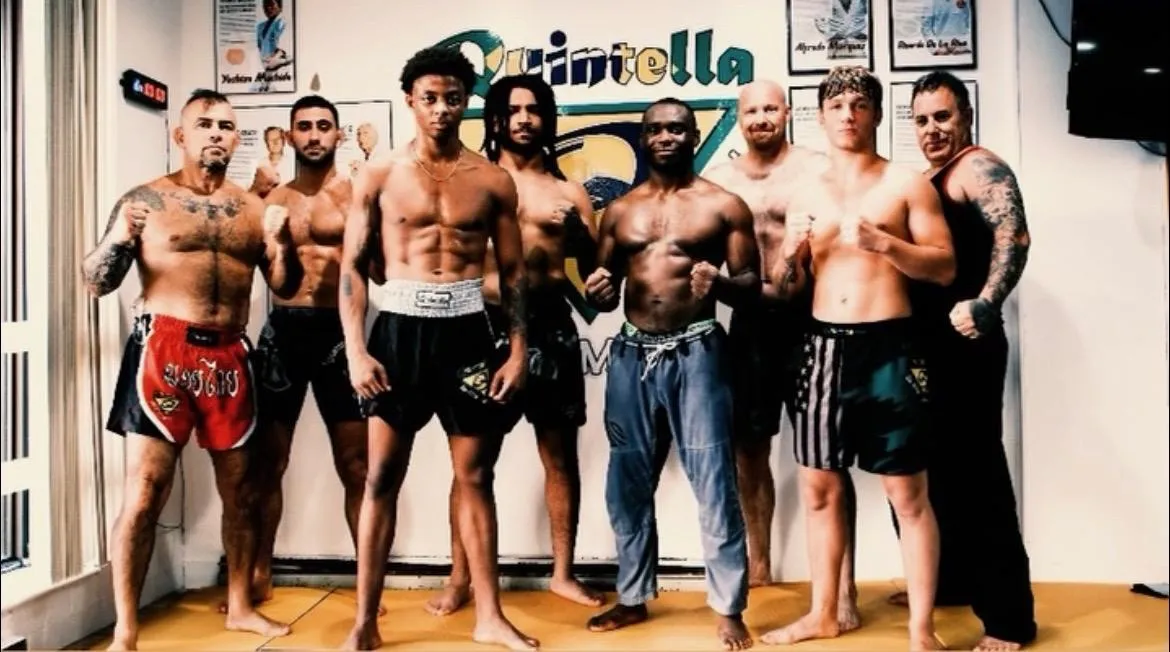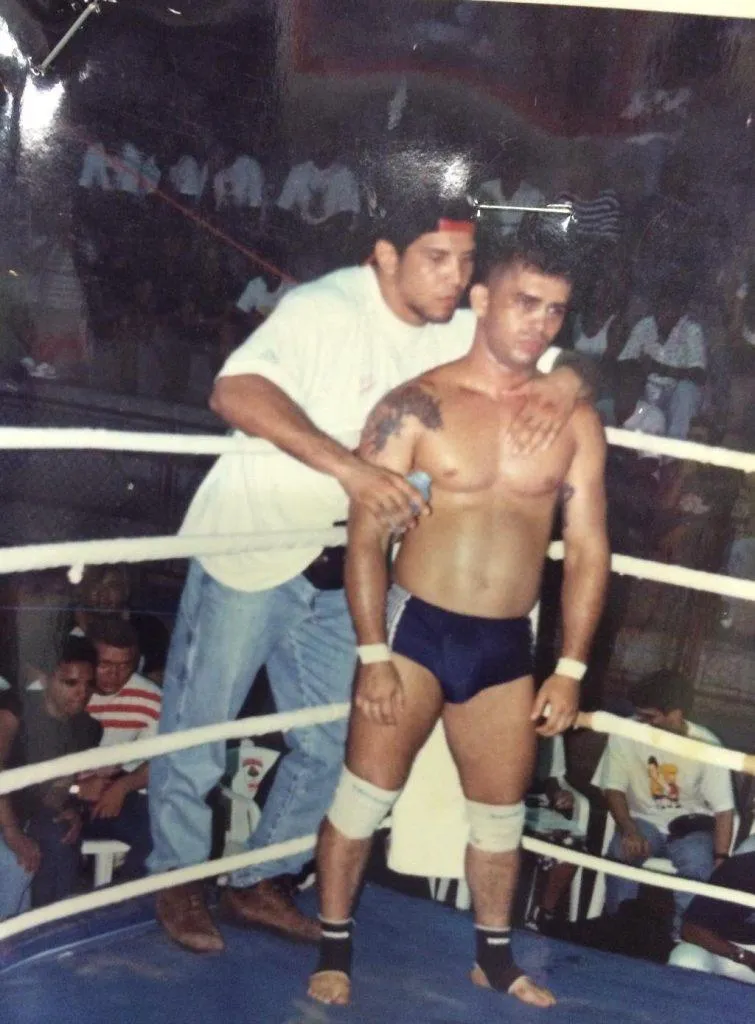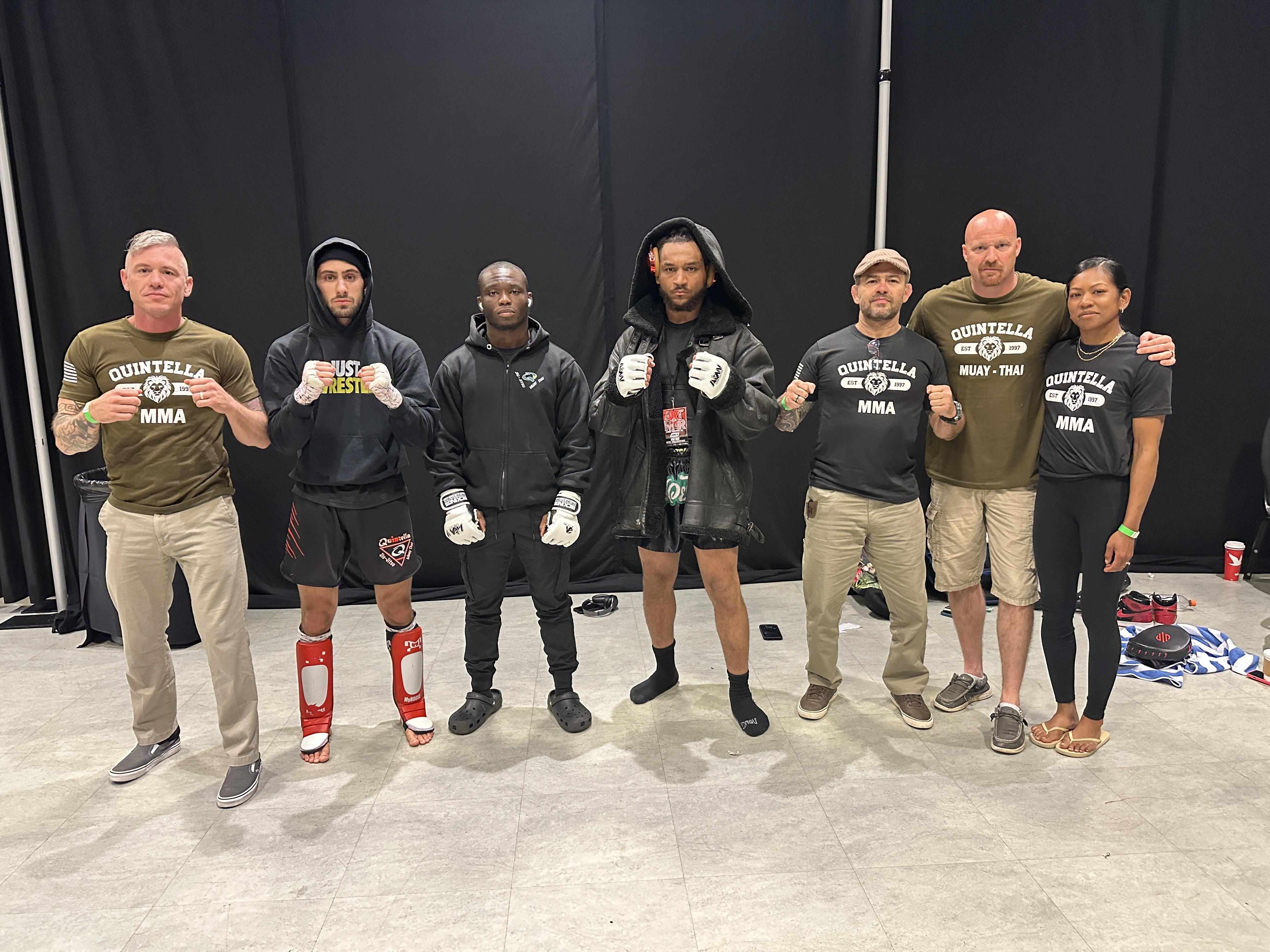What Is MMA?
MMA is a full-contact combat sport that blends striking, grappling, and submissions from multiple disciplines. It’s boxing, kickboxing, wrestling, and jiu-jitsu — all tested under one ruleset. Fighters can punch, kick, elbow, knee, wrestle, and submit their opponent, making it the most complete combat sport ever regulated.
Ancient Roots of Mixed-Style Fighting
Pankration (648 BCE)
The closest ancient ancestor to MMA was pankration, introduced in the ancient Greek Olympics. It combined boxing and wrestling with very few rules. No weight classes, no gloves, and the only banned moves were eye-gouging and biting. Fighters won by knockout, submission, or simply breaking the opponent’s will. Sound familiar? It should — this was MMA before MMA.
Chinese Leitai Fights
Centuries-old Chinese leitai matches allowed striking, wrestling, and throws on a raised platform. Fighters won by knockout, submission, or throwing the opponent off the stage.
Other Early Hybrids
Japanese cross-style matches blending judo, boxing, and jiu-jitsu in the early 1900s
Early Brazilian fights pitting capoeira against catch wrestlers
Bare-knuckle “anything goes” bouts across Europe and America
People have always tested one style against another. The modern structure is new — the idea is ancient.
The Modern Foundations: Vale Tudo & Style-vs-Style Fights
Brazilian Vale Tudo
In the early 20th century, Brazil became the real launching pad for modern MMA. “Vale Tudo” (“anything goes”) fights had almost no rules and were used by the Gracie family to prove the effectiveness of Brazilian Jiu-Jitsu. Their “Gracie Challenges” invited anyone — boxers, wrestlers, karate fighters — to step up and try to beat them.
This era established the core belief of MMA:
Only what works in a real fight survives.
Catch Wrestling, Sambo, and Shoot Wrestling
Parallel to Brazil, Europe, Russia, and Japan were also experimenting:
Catch wrestlers were submitting boxers and strongmen in open challenges
Russia developed sambo, a hybrid grappling and striking system
Japan’s “shoot” wrestling and early Pancrase events became a direct blueprint for MMA
MMA was taking shape long before the UFC ever existed.
The UFC and the Birth of Modern MMA
UFC 1 (1993)
The first UFC event wasn’t a sport — it was an experiment. A style-vs-style tournament with almost no rules, designed to answer one question:
Which martial art is truly the most effective?
The answer came fast: Brazilian Jiu-Jitsu dominated. Royce Gracie’s success shocked the world and permanently changed martial arts. From that moment on, you could no longer pretend that one style, by itself, was enough.
Evolution Into a Real Sport
After the early chaos, regulation hit:
Weight classes
Gloves
Time limits
Medical oversight
Unified Rules (striking/grappling rules, fouls, judging criteria)
What started as a “no rules” spectacle became a legitimate athletic competition — safer, more structured, and far more technical.
PRIDE, Japan, and the Rise of Global MMA
While the UFC was growing in America, Japan launched PRIDE FC — a spectacle-driven, larger-than-life fight organization. PRIDE brought:
Grand prix tournaments
Arena-sized shows
Legends like Fedor, Wanderlei, Shogun, and Cro Cop
During this era, MMA became a worldwide phenomenon.
The Unified Rules Era
The Unified Rules of MMA (established 2000–2001) standardized:
Weight classes
Legal vs. illegal strikes
Scoring criteria
Round structure
This codified MMA as a real sport rather than a wild contest. Athletic commissions now had something to regulate, and fighters had a rulebook to train for.
MMA Today
Modern MMA is a global industry:
The UFC is a billion-dollar brand
ONE Championship, PFL, Bellator, and RIZIN all run international events
Gyms worldwide teach “MMA” as a complete system
Fighters today are multi-discipline athletes from day one — not one-style specialists
MMA has become the most complete combat sport ever created, built on thousands of years of fighting knowledge and a few decades of rapid innovation.
